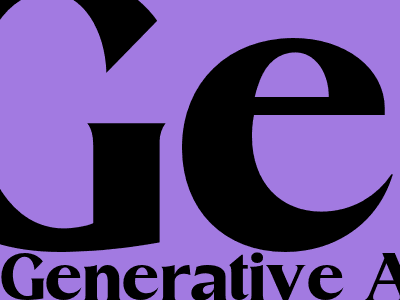
Generative AI in Media Production: Legal Considerations for Canadian Film and TV Producers
Introduction
Generative AI is rapidly transforming the media production industry. These technologies have the potential to revolutionize the way films and television shows are created and, as a result, Canadian film and TV producers must be aware of the legal considerations that come with using generative AI.
This blog post will provide an overview of the key legal issues that Canadian film and TV producers should consider when using generative AI in their productions, including copyright, privacy, and defamation.
Copyright
One of the most important legal considerations for Canadian film and TV producers using generative AI is copyright. Generative AI can be used to create original works, such as images, videos, and music. However, these works may be protected by copyright, and producers must ensure that they have the necessary rights to use them in their productions.
In Canada, copyright protection is automatic and subsists for the life of the author plus 50 years. This means that producers will need to obtain a license from the copyright holder before using any copyrighted material. Copyright protection is important to uphold, to prevent copyright infringement claims.
Privacy
Generative AI can also be used to create synthetic data, such as fake faces and voices. This data can be used to create realistic and immersive experiences, but it also raises privacy concerns.
In Canada, the Privacy Act and the Personal Information Protection and Electronic Documents Act (PIPEDA) govern the collection, use, and disclosure of personal information. Producers must ensure that they are in compliance with these laws when using generative AI to create synthetic data.
Defamation
Generative AI can be used to create defamatory content, such as fake news articles and social media posts. This content can damage the reputation of individuals and businesses, and producers must be aware of the potential legal risks involved.
In Canada, defamation is a civil wrong that can result in damages being awarded to the victim. Producers must take steps to ensure that they are not publishing defamatory content, and they should consider obtaining insurance to protect themselves from liability.
Conclusion
Generative AI has the potential to revolutionize the media production industry, but Canadian film and TV producers must be aware of the legal considerations that come with using these technologies.
By understanding the legal issues related to copyright, privacy, and defamation, producers can protect themselves from liability and ensure that they are using generative AI in a responsible and ethical manner.